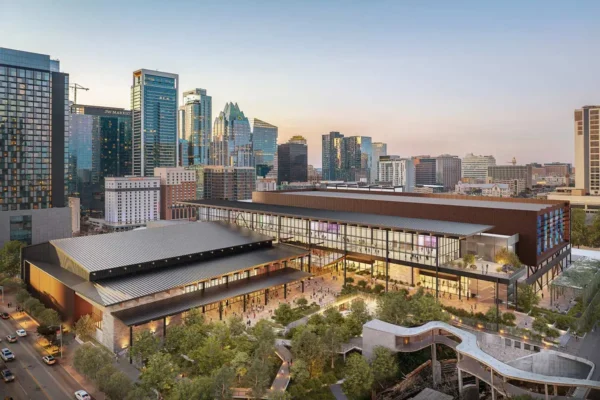Lately, I find myself becoming downright indignant when I ask for a to-go container in a restaurant and the wait staff has the audacity to present me with boxes made from Styrofoam or plastic. What, no eco-friendly, biodegradable packing for my late-night snack?
Whatever happened to the proverbial “doggie bag?” In an attempt to preserve my eco-ego, I have begun asking servers for sheets of aluminum foil to wrap my leftovers instead.
I had a similar experience at a personal development seminar I attended in December. Rather than supplying bottled water for the participants, the planners dispensed chilled water from an urn. This was good; however, they offered non-recyclable, disposable plastic cups to drink it out of. This was bad.
It would have been great if the planners had thought to provide bisphenol-A (BPA) free, reusable water bottles that the attendees could have refilled throughout the 4-day workshop. (Fortunately, I had brought my own). The seminar could have taken advantage of a great branding opportunity, as well as an opportunity to add greener thinking to its self-improvement curriculum.
This whole thing got me thinking about other ways in which planners could green up their events. Other food-related choices could include bulk condiments and washable or recyclable/biodegradable service items. One would be surprised by what is out there. A Las Vegas-based organic ice-cream store, Atomic #7, uses biodegradable cups, bowls and spoons made from corn starch. They are so natural, these items actually have expiration dates.
Jumbo-sized, pump hand sanitizers in food areas are also a good provision, as they cut down on germs and reduce water usage. I strongly recommend organic versions; however, as commercial hand sanitizers contain parabens, and chemicals now believed to be carcinogens which are harmful to both humans and animals.
As a marketer, I am always looking for creative and cost-effective ways to promote my clients’ brands. On the show floor, a little creativity can eliminate the need for purchasing materials that will be used once and thrown away.
Absolutely amazing things can be made from cardboard. The material is not only 100 percent recyclable, but light-weight, which also means lower drayage fees. It can be easily cut, shaped, covered, colored, sculpted and molded. It can be stacked or hung.
Furnishings can be brought from home or office, or borrowed from other businesses to create interesting and low-waste designs. Say you’re selling landscape design services, you could make use of a clever idea I once saw in the yard of a rural Arkansas farm house. The owners placed an iron bed frame in the front yard and filled it with flowers. By crackie, it’s a flower bed.
On that note, live plants make great booth décor, they can be taken back to the office or given away to clients after the show. Indoor plants are known to absorb numerous pollutants, including formaldehyde and benzene, and contribute greatly to a healthier indoor environment.
Promoting a fitness product? Make booth flooring out of yoga mats instead of using carpeting.
When printing show signs and banners, use materials that can be altered for use at future shows. For instance, print vinyl banners with your company logo, but add show dates and themes with stickers that can be replaced for the next show. Magnetic signage can be used the same way.
The possibilities are limited only by the imagination, and measurable green results are achieved by the many small choices we make every day. Have fun being green.
Green living tip for January
Make a New Year’s resolution to reduce the number of plastic water bottles you use at shows you are planning. Statistics reveal that we go through a staggering 30 billion single-use bottles per year in the U.S. Despite the fact that these containers are recyclable, most still end up in landfills; about 845 per second. Furthermore, using less material is always a more sustainable option than expending the energy to re-manufacture a recyclable product.
If single-use bottles are a must for a convention, be sure to order low-density plastic bottles which are constructed from up to 50 percent less plastic.
Haley Wilson is a green business development consultant in Las Vegas, Nevada. She assists companies with the implementation of greener practices, marketing strategies and brand identities. She can be reached at haley@thrugreeneyes.com.
| Home |
| People on the Move |
| National News |
| Regional News |
| Features |
| Tradeshow Calendar |






























